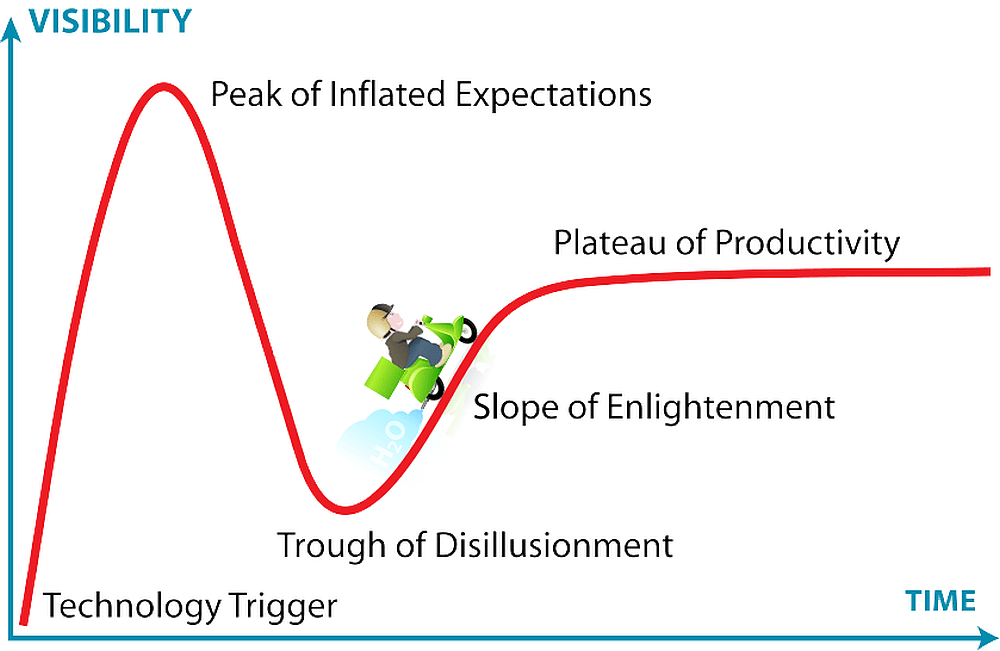NIST just announced that it is accepting proposals for its 2010 Technology Innovation Program that will provide $25 million in first-year cost-shared funding for innovative research on “Manufacturing and Biomanufacturing: Materials Advances and Critical Processes.” TIP is NIST’s version of DARPA and ARPA-E, i.e., it seeks to fund high-risk, high-reward research.
The competition is open to U.S. businesses, national labs, schools and nonprofit research institutions.
Generally speaking TIP is going after tech proposals in an area that needs “government attention because the magnitude of the problem is large and society challenges are not being sufficiently addressed.”
According to a NIST press release, the TIP in 2010 is seeking proposals in three specific areas:
Process scale-up, integration and design for materials advances – addressing how new materials are moved from the laboratory to full production.
Predictive modeling for materials advances and materials processing – using the power of modern analysis, modeling and computation to streamline the design and production scale-up of new materials by more accurately predicting their performance; and
Critical process advances – novel production technologies that dramatically improve the processing of new materials or resolve important bottlenecks and inefficiencies in the production of existing materials.
The TIP release says that it expects to pick 25 new projects. Just to clear up some possible confusion, that doesn’t mean the average award is $1 million. The $25 million refers to the first year of funding that is available for multi-year proposals. NIST/TIP expects that projects will continue to be funding in the $1.5 million to $9 million range.
Proposal are due by midnight, July 15, 2010.
In the past, TIP has set forth eight criteria it uses to weigh proposals:
- Novel Purpose: address societal challenges not being addressed in areas of critical national need with benefits that extend significantly beyond proposers.
- Societal Challenges: concentrate on those challenges that justify government attention.
- Scientific & Technical Merit: support innovative high-risk, high-reward research.
- Transformational Results: focus on ideas with a strong potential for advancing state-of-the-art
and contributing to U.S. science and technology base. - Rich Teaming: fund small and medium sized businesses, academia, national labs, nonprofit
research institutions and other organizations. - Clear Government Need: justifies government attention because the magnitude of the problem
is large and no other sources of funding are reasonably available. - Funding Limits: Single company projects up to $3M over a maximum of three years.
Joint Venture projects up to $9M over a maximum of five years. (TIP funds direct project costs only.) - Cost Sharing: At least 50% of the yearly total project costs – direct plus indirect – and may be
composed of both cash and in-kind.
CTT Categories
- Biomaterials & Medical
- Energy
- Market Insights
- Nanomaterials


